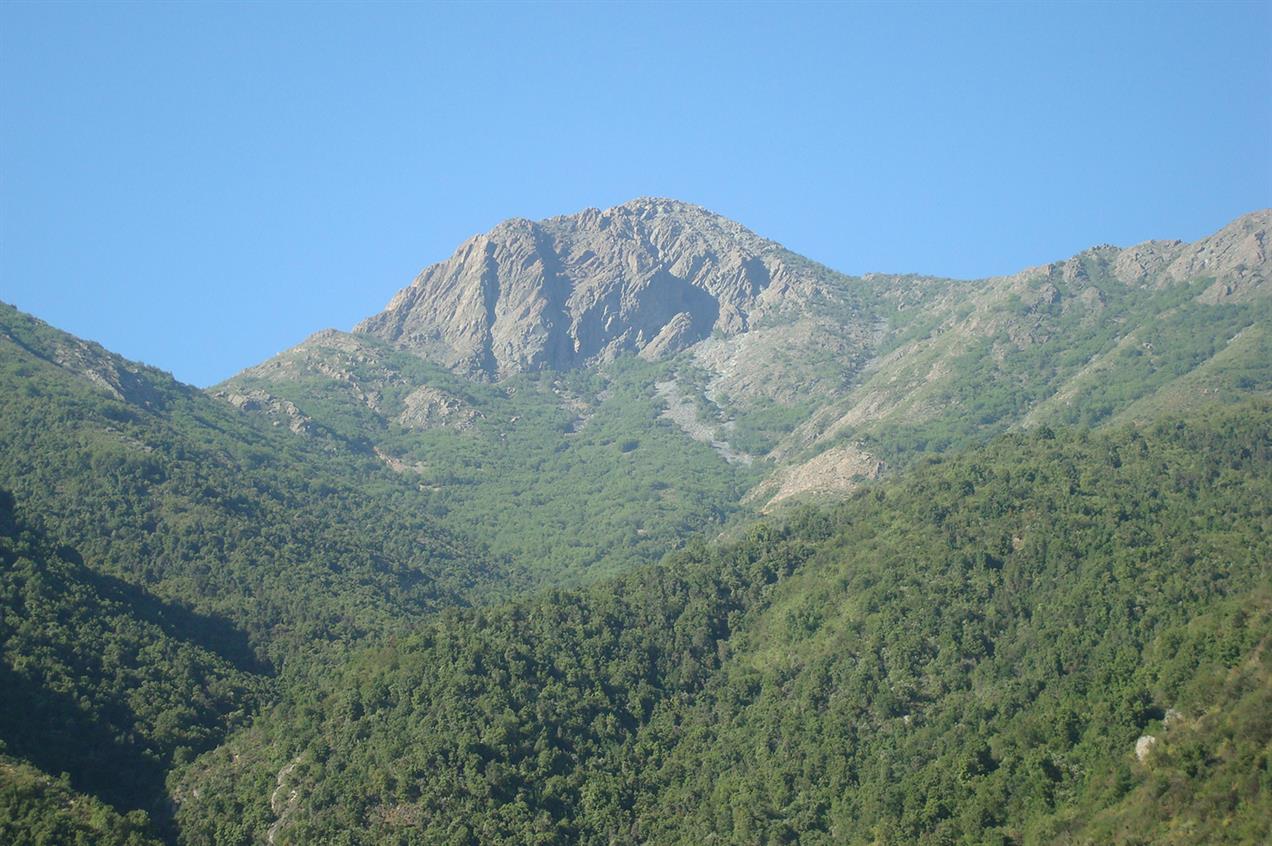The 753km Cardones-Polpaico line was due for completion by the end of last year, but a legal dispute over land access with farmers on the final section means work is taking longer than expected.
Last December, project developer InterChile informed energy minister Susana Jimenez it expected the $1 billion project to be operational by 8 March.
Then on 20 February, with all but eight of the line’s more than 1,700 pylons in place, the company again delayed commissioning until 11 June.
The line is the final step in integrating Chile’s two main grid systems and links its major cities with the north’s sundrenched Atacama Desert and windswept coasts.
Limited transmission capacity in northern Chile means that some renewable plants are forced to give away electricity for free because supply exceeds local demand.
Blocking the line is a small group of landowners who say it will harm the environment and landscape around the Campana National Park, a popular tourist spot and a UNESCO Biosphere Reserve.
While InterChile estimate it will resolve its legal problems by mid-year, this will depend on the courts and the ingenuity of the line’s opponents.
"The impact of the delay to the line being brought into service is dramatic," Carlos Finat, executive director of renewable energy association ACERA, told “uåX˜äŠÊ˜·³Ç.
If completion is delayed until June, it will stop wind and solar projects in northern Chile from injecting around 500GWh of electricity into the grid, ACERA estimated.
As well as reducing returns to developers, the delays to the line will require dirtier and more expensive energy sources, such as coal and diesel plants, to be dispatched instead.
"It sets a very negative precedent to allow a small group of individuals to delay a project worth hundreds of millions of dollars which will bring benefits to the whole country," Finat added.

.png)


.png)










